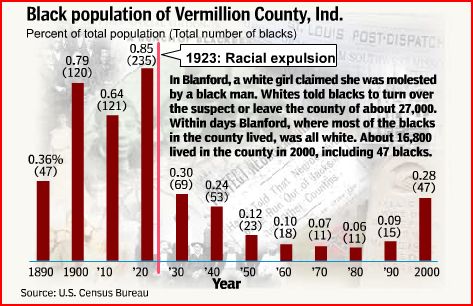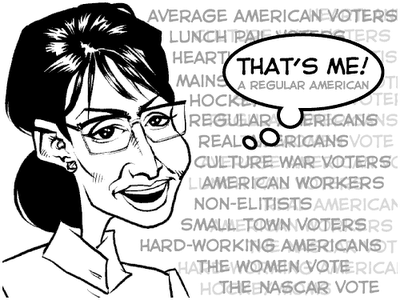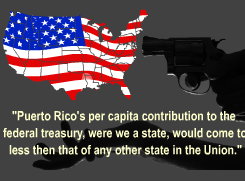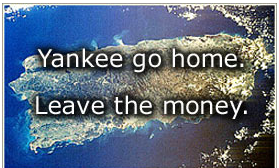Gillian sent us a series of overtly sexist Polish commercials for MOBILKING. Gillian says:
MOBILKING is a newest Polish cell phone operator. It is advertised as a telephon [company] for “real men only”, implying that it’s not for “girly chit-chats”, but rather for “serious bussines talks” (meaning talking about breasts, cars and beer).
Gillian tells us that, after complaints, the commercials were pulled, but after the negative publicity they went viral and gave the cell company more publicity than ever.
[youtube]http://www.youtube.com/watch?v=Q2LBaJB5RT4[/youtube]
Two more of the commercials show a hyper-sexualized woman putting on football gear and a mechanics uniform and asking “But can she play like a man?” and “But can she fix anything like a man?” respectively. The answer is, of course, “no.”







